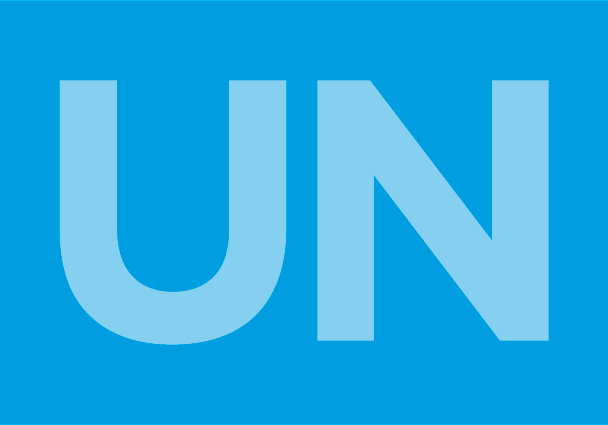ICJ Intervention on the Guidelines for the preparation of information under the Universal Periodic Review Mechanism.
11 September 2007
Distinguished Mr. President,
The International Commission of Jurists welcomes the efforts by the Facilitator for the Guidelines on preparation of information under the UPR, Ambassador M. Loulichki, on whose non-paper the ICJ would like to offer several comments, addressing both the contents of information and their handling.
The newly established UPR mechanism offers the Council the opportunity to strengthen the promotion and protection of human rights. The UPR will be based on three sources of information, those by the government of the country under review, the compilation by the OHCHR of findings by human rights expert bodies and mechanisms and the summary of information by other relevant stakeholders. The ICJ suggests expanding the guidelines accordingly to focus on the submission of information beyond the national report. The question remains, whether the OHCHR and other stakeholders when making their submissions would be requested to focus also on the elements as contained in the draft.
The UPR will be an asset if the political dialogue envisaged by the review reinforces, and contributes to the implementation of, the relevant recommendations of the specialized human rights machinery, such as the Special Procedures or Treaty Monitoring Bodies. This must be done in a manner, which does not interfere with the mandates of these mechanisms and their established follow up procedures. This element is missing in the draft guidelines.
The ICJ supports describing the factual and legal framework in a concerned state as suggested in part II. of the draft. However, the review under the UPR must not duplicate the review and reporting requirements under the treaty monitoring system or other specific arrangements. Therefore, a reference to the update of the wealth of information already available to the current monitoring bodies would be more appropriate.
The UPR will involve a dialogue with each UN Member State on the implementation of its human rights obligations, as reflected in the human rights instruments to which it is a party, the Universal Declaration of Human Rights, and hopefully also in customary international law. The ICJ considers that in preparation and follow up to each review, States should assess a need to accede to or ratify relevant human rights instruments which precisely and predictably define the contents of the legal obligations. International humanitarian law will also be, to the extent it is applicable, an important basis for consideration during the UPR. Civil society, including NGOs, should be given the opportunity to assist in each case with the identification of the applicable human rights standards and norms.
Information provided by the concerned governments should reflect a fair and comprehensive assessment of the human rights situation in the country, and should include analysis of the ways in which the government will enhance its implementation of recommendations made by human rights bodies and experts. Information on cooperation with the Special Procedures, other human rights mechanisms and NGOs will be also important. Finally, the state’s report should also outline the government’s view of the resources available to it and of the challenges to human rights implementation it has encountered.
The UPR will only be meaningful, if state reports provide information on crosscutting human rights issues, which will hopefully be identified by the UPR’s country-rapporteurs with assistance from the OHCHR. Efforts to identify crosscutting or structural issues should not duplicate pre-existing recommendations from expert bodies.
The reports submitted by the concerned government may not take precedence over other sources of information. All three categories of information would be expected to serve for consideration during each review, both at the Working Group stage and in the plenary discussion. The guidelines on information under UPR would be expected to provide for the NGOs’compilation and dissemination of comprehensive background materials on the state’s fulfilment of all its human rights obligations, and on its implementation of recommendations by expert bodies. Such information should be accessible throughout the entire review process. In addition, the contribution to the UPR by non-state stakeholders, including NGOs, must not be limited to a passive presence at the Working Group stage of the review, without the possibility to present information or ask questions during this phase.
Implementation and follow up of all the recommendations, which form part of the outcome, will be the primary responsibility of the concerned state. This follow-up should be reported on and assessed when the concerned country is again subject to review in a subsequent round.
As the concerned state will be primarily responsible for the implementation of its human rights obligations, requirements with regard to technical cooperation should be considered to be of a complementary nature to the necessary national efforts. In order not to overburden the OHCHR, suggestions on technical cooperation should be addressed to the UN as a whole.
To conclude, the ICJ welcomes the decision to adopt at this Session a timetable for the years to come setting out a list of which countries will be reviewed and when, in order to enhance the quality of preparations for each review and the dialogue with the concerned country.
Mr. President, I thank you.
ICJ Intervention UPR Mechanism-Open letters-2007 (full text, PDF)

